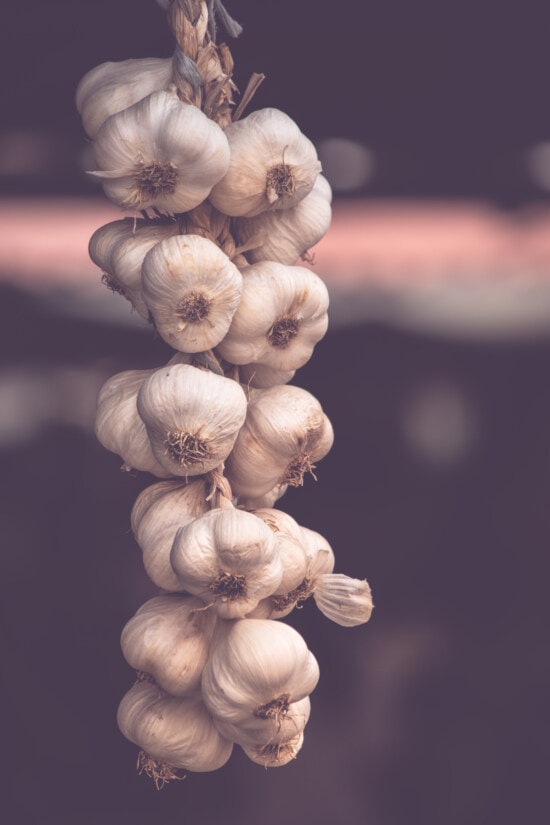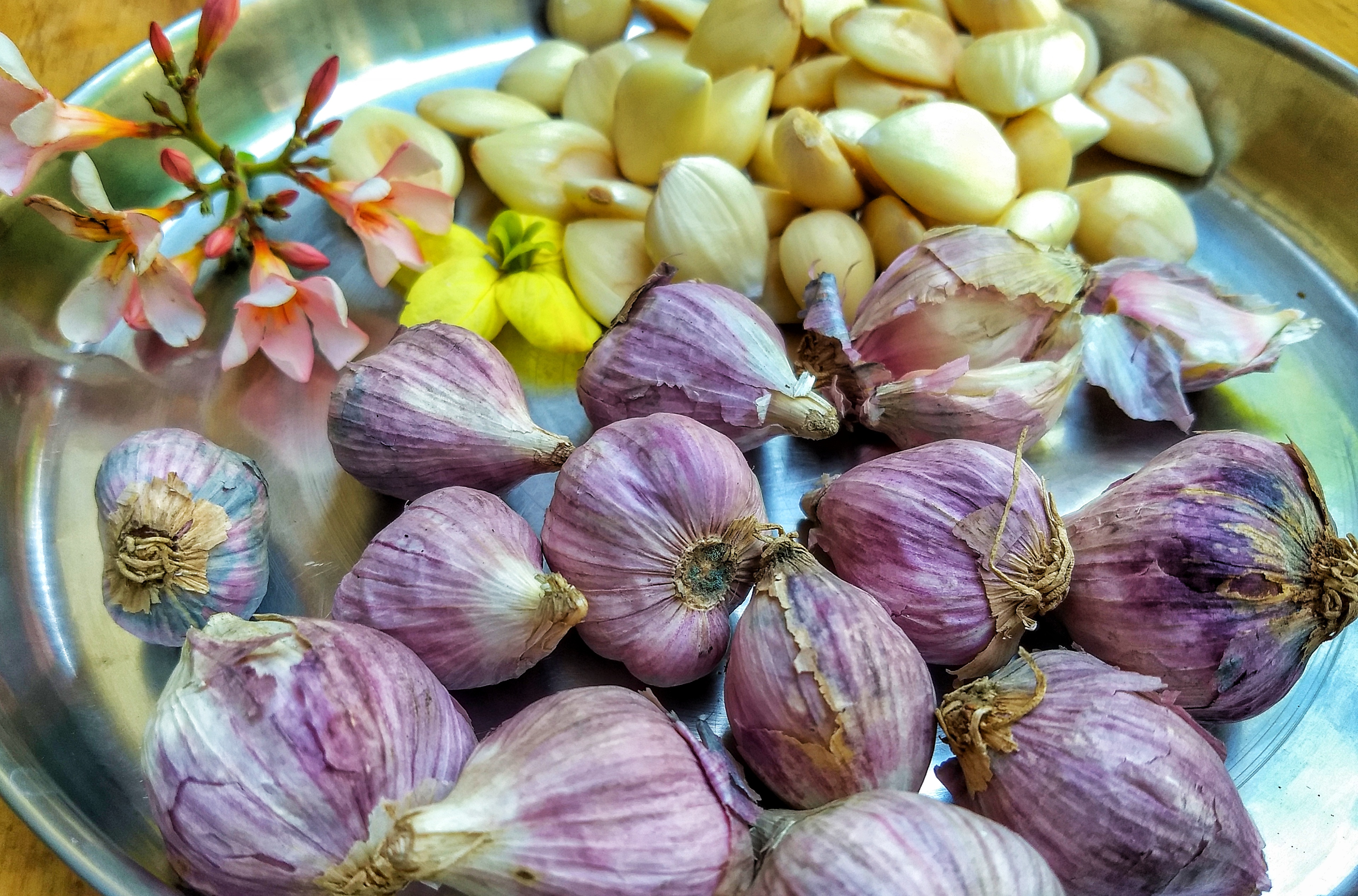
High blood pressure, or hypertension, affects millions of people worldwide and is a significant risk factor for heart disease, stroke, and other cardiovascular conditions. If you’re looking for natural ways to manage your blood pressure, fenugreek, commonly known as methi seeds, may hold some promise. In this comprehensive blog post, we’ll explore the potential benefits of fenugreek for blood pressure regulation, its mechanisms of action, practical ways to incorporate it into your daily routine, additional lifestyle factors that can support healthy blood pressure levels, and potential precautions to consider. Let’s dive in and uncover the power of fenugreek in promoting cardiovascular health! 🌿💪
💪 Understanding the Potential Impact of Fenugreek on Blood Pressure Fenugreek (Trigonella foenum-graecum) has a rich history of use in traditional medicine for its various health benefits. While scientific research on fenugreek’s effects specifically on blood pressure is limited, several properties of fenugreek suggest its potential role in blood pressure regulation.
🌿 Nitric Oxide Production: Fenugreek contains compounds that may stimulate the production of nitric oxide in the body. Nitric oxide is a vasodilator, meaning it helps relax and widen blood vessels, resulting in improved blood flow and potentially lower blood pressure. By enhancing nitric oxide production, fenugreek may contribute to maintaining healthy blood pressure levels.
💪 Potassium and Sodium Balance: Maintaining an appropriate balance of potassium and sodium is crucial for blood pressure regulation. Fenugreek is a good source of potassium, an essential mineral known to counteract the effects of sodium and help lower blood pressure. By promoting a healthier potassium-to-sodium ratio, fenugreek may support optimal blood pressure levels.
🌿 Anti-inflammatory Effects: Chronic inflammation is believed to play a role in the development and progression of hypertension. Fenugreek contains compounds with anti-inflammatory properties, which may help reduce inflammation in the body and potentially support overall cardiovascular health, including blood pressure regulation.
💪 Antioxidant Activity: Oxidative stress, caused by an imbalance between antioxidants and free radicals in the body, can contribute to blood vessel damage and hypertension. Fenugreek is rich in antioxidants, such as flavonoids and polyphenols, which help neutralize free radicals and reduce oxidative stress. By combating oxidative stress, fenugreek may promote healthier blood vessels and support blood pressure control.
🌿 Incorporating Fenugreek into Your Lifestyle To potentially harness the benefits of fenugreek for blood pressure management, here are some practical ways to incorporate it into your daily routine:
- Methi Seed Infusion: Prepare a fenugreek seed infusion by soaking fenugreek seeds in water overnight. Strain the liquid in the morning and drink it on an empty stomach. This infusion can be consumed daily to potentially support healthy blood pressure levels.
- Fenugreek Sprouts: Sprouting fenugreek seeds can enhance their nutritional profile and make them easier to digest. Soak the seeds in water for a few hours, then transfer them to a sprouting jar or a damp cloth. Rinse the seeds twice a day until sprouts appear. Add these sprouts to salads, sandwiches, or wraps for a crunchy texture and a mild, nutty flavor.
- Fenugreek Supplements: Fenugreek supplements, available in various forms such as capsules, powders, or liquid extracts, can provide a concentrated dose of fenugreek’s beneficial compounds. However, it’s important to consult with a healthcare professional before starting any new supplement regimen to ensure it is safe and appropriate for your individual needs.
- Culinary Uses: Fenugreek seeds and leaves are commonly used as a spice in cooking. Incorporate fenugreek into your recipes by adding crushed seeds or dried leaves to curries, soups, stews, or stir-fries. Fenugreek leaves, also known as kasuri methi, add a distinct flavor when sprinkled over dishes or incorporated into marinades and dressings.
💪 Lifestyle Factors for Blood Pressure Management Alongside incorporating fenugreek into your routine, adopting a healthy lifestyle is crucial for managing blood pressure. Consider the following lifestyle factors:
- Dietary Modifications: Follow a balanced diet rich in fruits, vegetables, whole grains, lean proteins, and healthy fats. Limit sodium intake and emphasize foods that naturally contain potassium, such as bananas, spinach, and avocados.
- Regular Physical Activity: Engage in regular exercises, such as brisk walking, swimming, or cycling, to promote cardiovascular health and blood pressure management. Aim for at least 150 minutes of moderate-intensity activity per week, or as advised by your healthcare professional.
- Weight Management: Maintain a healthy weight through a combination of balanced eating and regular physical activity. Losing excess weight, if necessary, can help reduce blood pressure levels.
- Stress Reduction: Implement stress management techniques like meditation, deep breathing exercises, yoga, or engaging in hobbies to lower stress levels. Chronic stress can contribute to elevated blood pressure.
- Limit Alcohol Consumption: Excessive alcohol intake can raise blood pressure. If you choose to drink alcohol, do so in moderation. Men should limit consumption to two drinks per day, while women should limit it to one drink per day.
🌿💪 While fenugreek shows promise in supporting healthy blood pressure levels, it’s important to note that individual responses may vary. It’s advisable to consult with a healthcare professional, especially if you have underlying medical conditions or are taking medications, to ensure fenugreek is safe for you and to determine the appropriate dosage.












